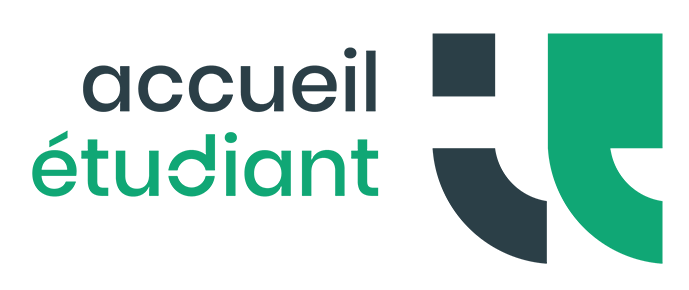You have several options:
- study for a semester in a program such as Erasmus for example,
- if you have an internship to do during your studies, you can do it abroad,
- interrupt your studies for a semester or a year and take a gap year while remaining enrolled at your school or university,
- leave right after your studies for an internship, volunteering, job, employment...
There are a number of possibilities: studying as part of a program (Erasmus...) or enroll directly in a school/university abroad, do an internship, volunteer, au pair, wwoofing, language study, find a job...
Yes, financial aid is available, but not in all cases. Generally speaking, there are if you are leaving on a study programof internship or volunteering.
On the other hand, there are very few if you're studying abroad outside any program, or if you're going on a language study trip, for example.
Whether you're studying, doing an internship or volunteering, you can find ideas and information on the main schemes available for going abroad at agitateursdemobilite.fr
Find out moreYou can make an appointment with an advisor at Youth Info (27 rue de la République, tel 03 81 21 16 16, contact@jeunes-bfc.fr).
The formalities vary depending on the country you are going to, what you are going to do there (study, internship...), how long you are going to stay...
Generally speaking, if you're going to Europe (EU, EEESwitzerland), apply for the European Health Insurance Card from your ameli account. It will enable you to cover part of your healthcare costs on the spot.
Depending on the situation, you may continue to be covered by the French health insurance scheme, be reimbursed by your host country's health insurance scheme, or have to pay for your own health insurance.
It's a good idea to take out repatriation and complementary health insurance. Whether in France or abroad, health insurance does not cover everything.

I haven't found an answer

I'm a pro.
Yes, the Erasmus+ programme provides for additional aid when you have a disability. For example, they can be used to finance adapted equipment or accommodation, a carer, medical follow-up, etc.
Find out about the requirements of the country you're going to. You may need a visa. Find out more on the website of the embassy of the country you are leaving for.
Make sure that your passport and your residence permit are still valid until your return to France.
Plan ahead travel insurance (repatriation, medical expenses, etc.).
This program enables you to take part in an internship abroad when you're no longer a student. It can be done after your studies, between 2 years of study or during a gap year.
It is aimed at 18-30 year-olds living in Bourgogne-Franche-Comté who have a professional project. A grant of €763 / month (or unemployment benefit under certain conditions) is paid by the Burgundy-Franche-Comté Region.
It offers 60,000 good deals for young people between 12 and 30 years in 33 countries throughout theEurope.
If you have an Avantages Jeunes card, the European Youth Card will cost you just €2 instead of €10.



